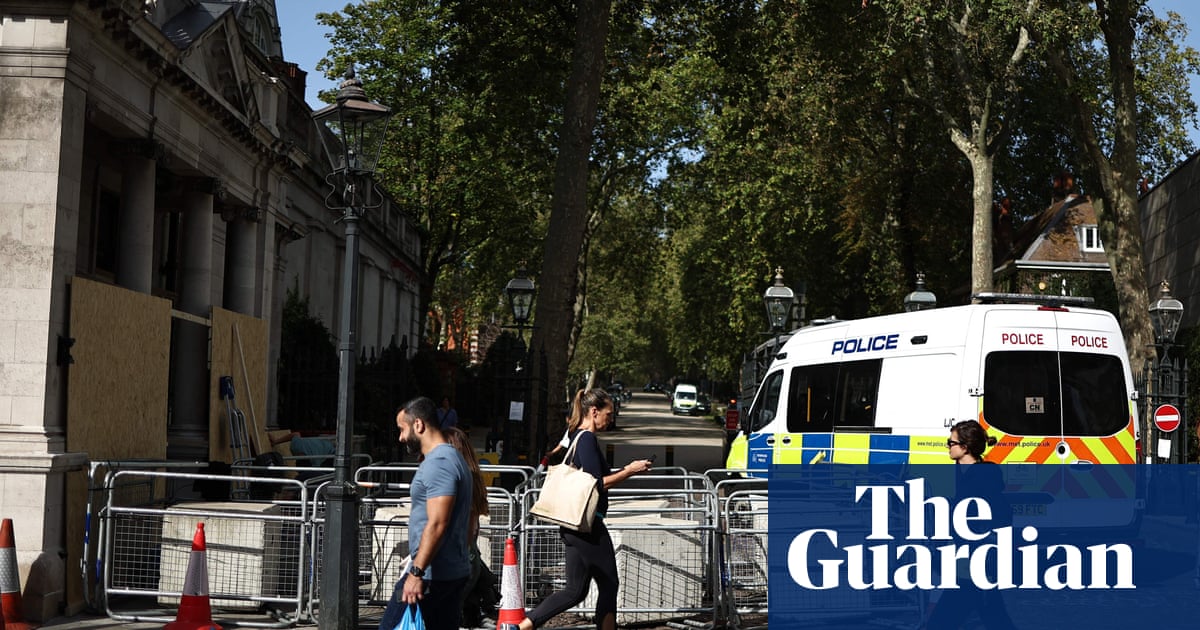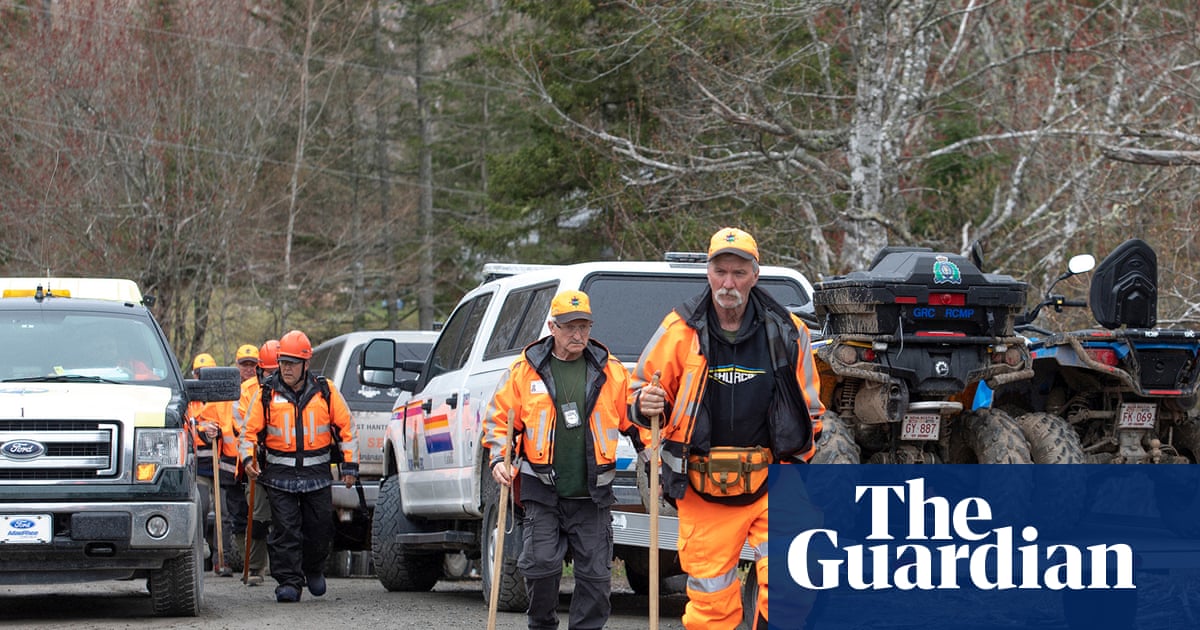Campaigners in favour of assisted dying have welcomed moves by Scotland’s largest church to take a neutral stance on a new bill to legalise the practice.
Members of the Scottish parliament are to hold their first vote next Tuesday on a private member’s bill to legalise assisted dying in Scotland, after months of assessment by a backbench committee.
MSPs are expected to vote in favour of allowing the bill to progress to detailed scrutiny but many remain undecided.
In a boost to supporters, the Church of Scotland is expected to end centuries of opposition to the practice by becoming the first major denomination in the UK to adopt a neutral position on assisted dying later this month.
An expert panel has recommended that its annual general assembly, which starts on 17 May, agrees that Christian arguments in favour of assisted dying are as valid as the theological objections to it.
The significance of that shift came when commissioners to its general assembly in May 2023 rebelled unexpectedly against proposals to reaffirm its opposition to assisted dying. They voted for a review, signalling a significant break with churches in the rest of the UK.
Church of England, Methodist, Jewish and Muslim leaders and the Roman Catholic churches signed a joint letter with other faiths opposing assisted dying late last year, arguing legalisation could expose elderly and disabled people to “life-threatening abuse and coercion”.
John Swinney, Scotland’s first minister and a Church of Scotland member, is expected to state on Thursday he will vote against the bill. He is understood to have concerns about the rules on eligibility for assisted dying becoming looser as time goes on.
Holyrood’s assisted dying bill, tabled by the Scottish Liberal Democrat MSP Liam McArthur, imposes very strict limits on who is eligible, restricting it to people with terminal illnesses who have mental capacity.
McArthur said the Church of Scotland report reflected consistent polling evidence that two-thirds of Scots support assisted dying. It recognised that “greater choice, compassion and dignity at the end of life is something their faith tells them is the right approach”, he said.
Fraser Sutherland, the chief executive of the Humanist Society of Scotland, which supports the bill, said the church’s change of stance ended the assumption that secularists and faith groups could not agree. “This isn’t a binary issue; there is growing religious support in favour of change,” he said.
Unlike the proposals for England and Wales in Kim Leadbeater’s assisted dying bill going through Westminster, which state patients can only apply for assisted dying within six months of their expected death, there would be no time limit in Scotland.
The Scottish bill also proposes that assisted dying will need the approval of two doctors, and not the high court or an expert committee as suggested by Leadbeater.
Critics argue that in other jurisdictions that have assisted dying, eligibility rules have changed to include people who are mentally ill or have non-terminal illnesses. Supporters of assisted dying say this has never happened in places with the same strict rules planned for Scotland.
Alyson Thomson, of the pro-change group Dignity in Dying Scotland, said: “Most MSPs I have spoken to recognise the harms caused by the status quo. They can see it’s unacceptable for dying people to have to consider travelling to Switzerland, stopping eating and drinking, taking matters into their own hands, or suffer if they are facing a bad death.”

 14 hours ago
9
14 hours ago
9













































